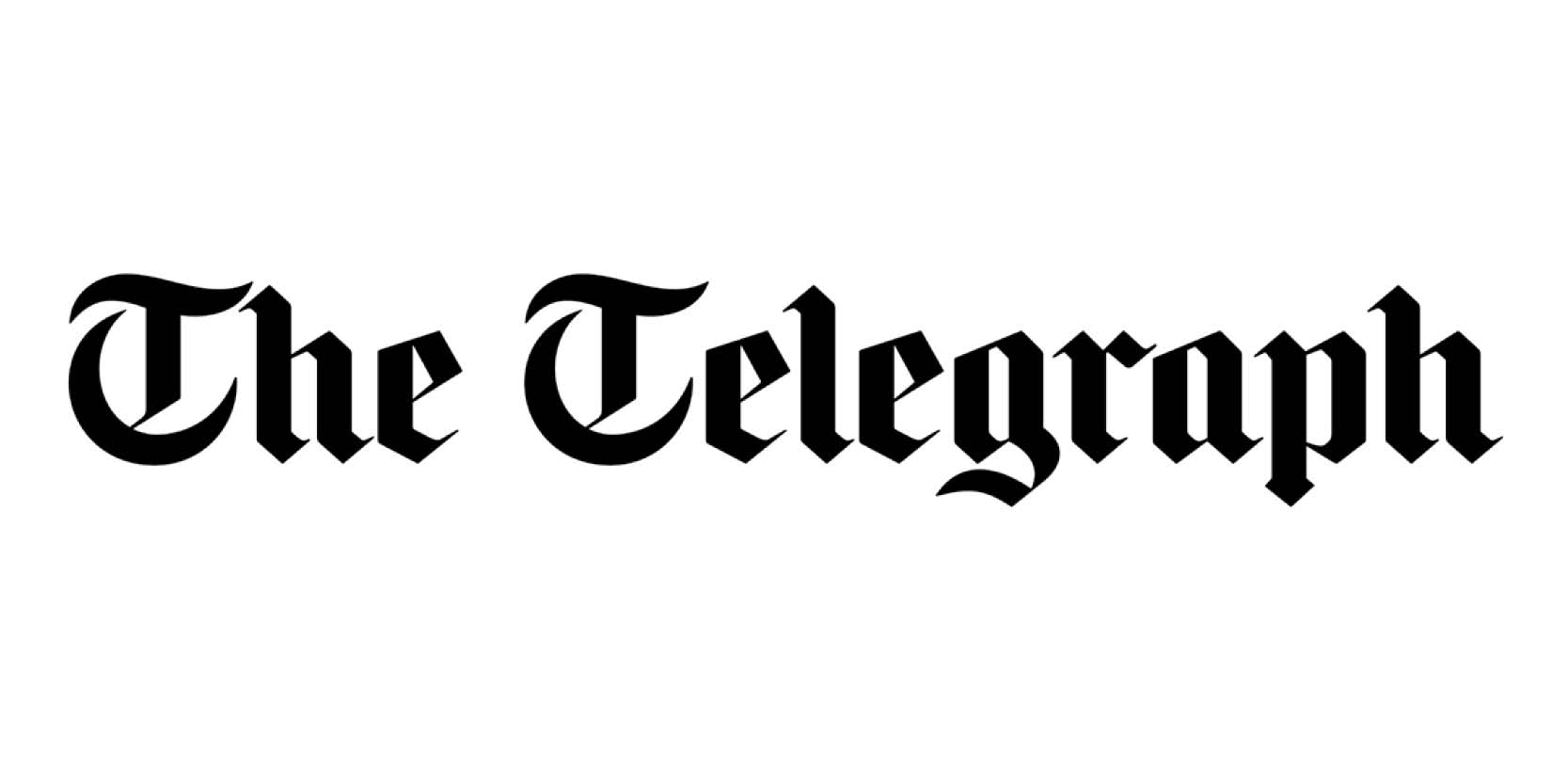This article was originally published in The Telegraph.
John Penrose proposes an overhaul of the current honours regime so that peerages, titles and other awards are clearly distributed.
Boris Johnson’s anti-corruption tsar has called for a points-based honours system, to sever the perceived link between political donations and peerages.
In a paper to be published this week, John Penrose proposes an overhaul of the current honours regime so that peerages, titles and other awards are clearly distributed based on “talent, ability and hard work” rather than “who you knew, where you went to school or how much you donated to a political party.”
Mr Penrose’s intervention follows sleaze claims over an alleged link between multi-million pound donations to the Conservatives and the awarding of peerages.
The MP, who was appointed as the Prime Minister’s anti-corruption champion in 2019, described the current honours system as “murky and old-fashioned”, calling for it to be replaced with an annual “UK talent list” in which published criteria would be used to score candidates for honours.
“The new system wouldn’t include points for donations to any political party, so it would be crystal-clear that anyone getting an honour had earnt it for something else, and their donations couldn’t have made a difference,” he said.
Childcare in Britain ‘some of the least-affordable in the developed world’
The proposal forms part of Poverty Trapped, a wide-ranging policy paper being published by Mr Penrose this week. It also warns that childcare in Britain is “some of the least-affordable in the developed world” and calls for an urgent independent review of regulations leading to higher costs in the sector.
The review should be tasked with “design[ing] out costs” to below the average of developed countries, “while still delivering a safe and enriching level of service”, Mr Penrose writes. Last month the Telegraph reported that officials were examining the possibility of changing current rules so one staff member can supervise more children than is currently allowed.
Setting out how a points-based honours system would work, he states: “The top teachers, for example, might be the ones who had successfully run Britain’s largest or most-improved schools for the longest time. The top businesspeople could be those who had either run the largest or fastest-growing companies for many years, or the entrepreneurs who had created the most wealth from scratch.
“Once the new and fairer scoring system was in place and the UK Talent List was public, the top few names in each area would become Lords and Ladies. The slightly-larger next group below them would become Knights and Dames. The still-larger group below them would get OBEs, CBEs or MBEs.
“Everyone would be able to see each person’s score, so we’d all know why each person deserved their new title or honour, and that the system was fair. And anyone who thought someone deserved an honour would be able to work out what they’d score if they applied.
“The effect on British ambition and aspiration would be electric. Previously-closed doors to a cosily- privileged club would be blown wide open.”

